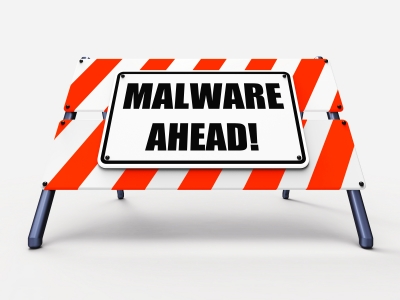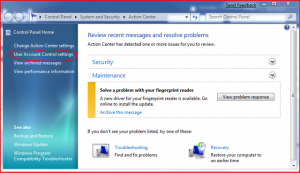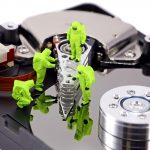Malware is a general expression used for malicious software that includes viruses, worms, trojan horses, rootkits, spyware, and adware. The effects can range from annoying popups to stolen financial information. The best way to deal with malware is to avoid it.
How Do I Avoid Malware?

To avoid malware it is a good idea to have a reputable anti-malware solution with real-time protection. It is essential the malware definitions are kept up to date. You should also make sure all the software is kept up to date especially browsers and plugins.
A firewall is another important tool to help reduce the attack surface of your computer. It makes it harder for your computer to be remotely accessed by an external computer.
These protective measures are known as defense-in-depth. A way to illustrate defense-in-depth is with the safety features of a car. You have airbags and seat-belts to protect you in an accident. But you also have safety glass and crumple zones to prevent the car from injuring you. You also have features like anti-lock brakes, mirrors, and electronic stability control to avoid an accident from happening. In a similar way using all these security measures helps to avoid and reduce the effects of malware.
What is User Account Control?

User account control (UAC) is another feature that helps in Vista/Windows 7/Windows 8. It uses the principal of least privilege and works by reducing the amount of privileges you need to run most of your programs. It makes it harder to download and run a piece of malware. It also makes it easier to fix malware infections. Another way to think of least privilege is if you’re going on a vacation and need your neighbor to check your mail. You probably don’t give him your keychain that has your house, car, and office keys. You will only give him the mailbox key since it gives him the least amount of access he needs. Likewise UAC makes it easier for programs to run with reduced access to the system.
Image courtesy of Stuart Miles / FreeDigitalPhotos.net






Comments are closed.